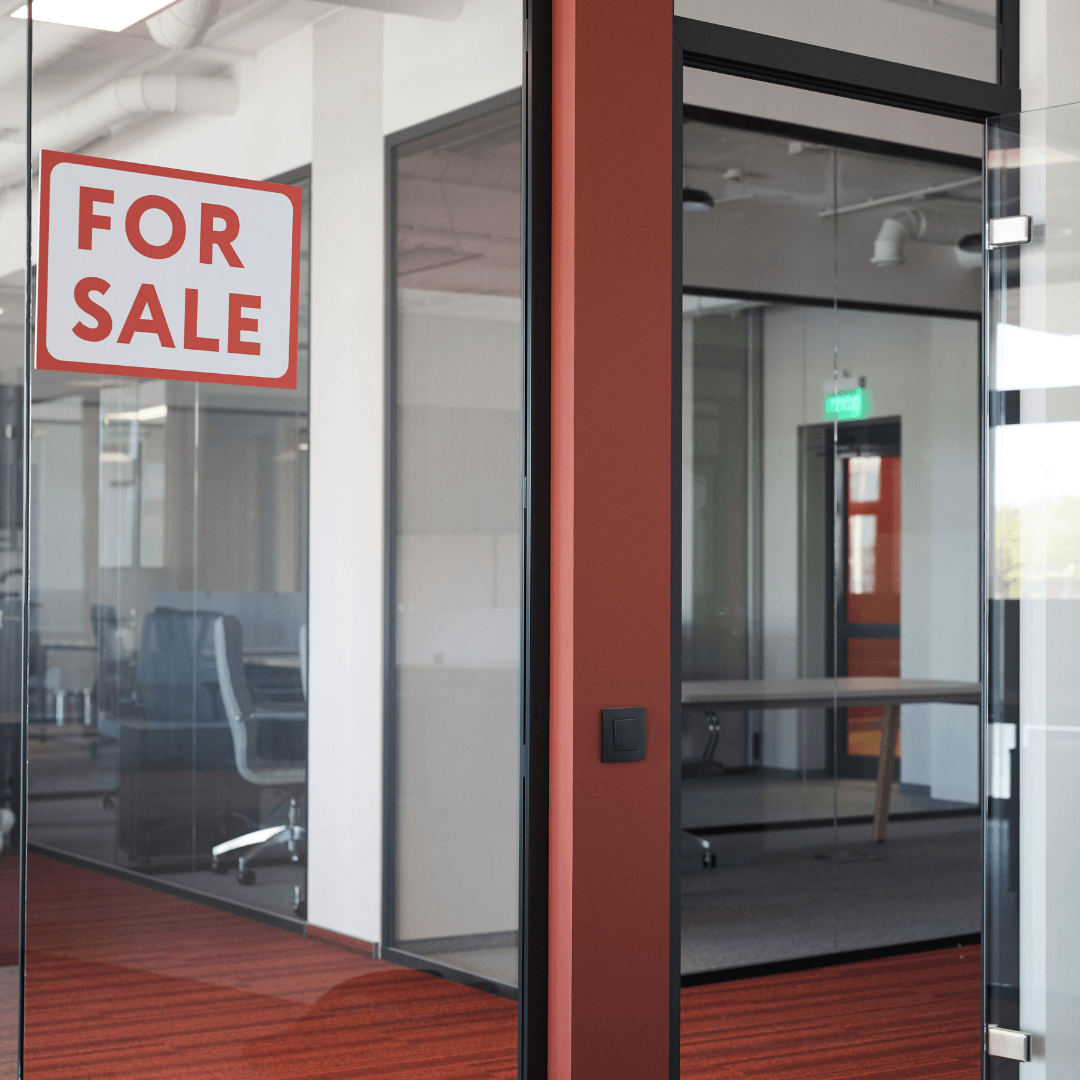Traditionally, commercial property has been a great way to build wealth.
What is commercial property?
In Australia, property has zonings and a commercial property zoning means it is located in an area more lined with businesses, factories, office space etc, when compared with residential property which, relates more to houses and apartments.
Advantages of commercial property
Commercial property has advantages over residential investment property as the rental returns have historically been higher.
The leases for commercial property (often 3 years with further options) are often much longer when compered to residential tenancies which are up to 1 year as standard. This gives a commercial landlord more certainty with respect to the rental income received.
In addition, commercial investors like the fact that the tenant pays for the upkeep and outgoings of the property such as maintenance and body corporate, which is the opposite for residential investors.
Also, for commercial property owner occupiers looking to run a business from a factory for example, there can be significant tax advantages from purchasing inside a SMSF.
Financing commercial property
Commercial property loans have historically LVR 65% – 70% LVR, meaning that the contribution required to purchase one is higher when compared to residential property.
The terms has usually been maximum 15 years with covenants such as annual reviews which may include valuations and reviewing the business owners tax returns for example.
However, in recent years, the landscape has changes and lenders products have improved dramatically.
- More lenders are offering 80% LVR, depending on the purchase price and loan size.
- Many loans are being offered without covenants or annual reviews.
- In some cases, depending on the nature of the transaction, the loan terms can be extended to 25 – 30 years. This can have a big impact and help servicing, due to a 30 year term as opposed to a 15 year term.
- There are also bank products named “Lease doc”, that look solely at the lease, meaning that if the lease alone can service the debt, after factoring in some shading and interest cover, the bank can look at the deal on a stand alone basis, without the need for any other financial data.
Conclusion
In summary, the best way to finance a commercial property purchase depends on several factors, including the property’s value, the buyer’s financial situation, and the borrower’s long-term goals. Is the buyer wanting to owner occupy the property or is it purely for investment purposes?
A mortgage broker should always be consulted for assistance because the landscape is constantly changing and as per above, the banks are getting very creative and creating niche polices and products which can be taken advantage of.



